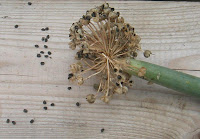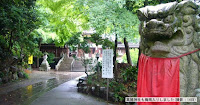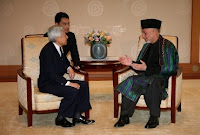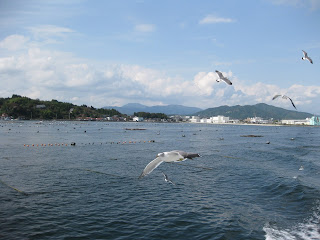Saving Seed - Part 3

Save biological diversity by saving seed: the genetic resources needed to feed the world are under threat. Human intervention, climate change, pollution - and neglect - are all factors that severely reduce biodiversity. For food crops and livestock this is a very serious issue. If farmers choose to grow only one crop on huge farms, and reject varieties that they do not think are as profitable or easy to grow, who is going to preserve those other crops? As a seed is left forgotten (or eaten), its amazing genetic information is simply lost forever. Traditionally, farmers carefully saved seed based on observation of how the crops grew, how they handled changes in the weather conditions - and how good it tasted! Much of colonialization was really about accessing and bringing back edible plants to feed the growing population in Europe. The potato is a classic example. Often, there was little understanding of the need for genetic diversity. The famine in Ireland is often cited as an example ...









